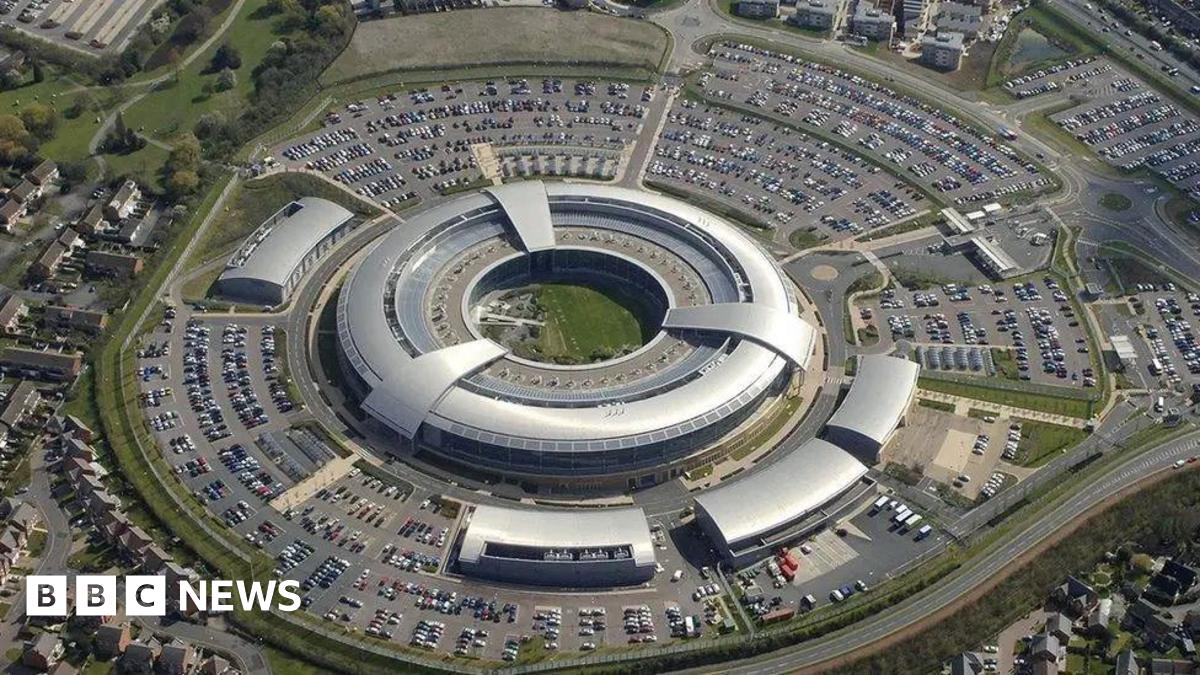World
Britain snubs GSK in favour of US pharma giant for RSV vaccine

The NHS has turned to US drugs giant Pfizer over its British rival GSK for vaccines against Respiratory Syncytial Virus (RSV), the winter infection known as the “silent killer” of the elderly.
Officials have signed a two-year supply agreement with Pfizer for more than 3.5 million doses of its RSV vaccine for older people and more than 1.4 million doses of the jab for pregnant mothers.
It comes after the vaccine, which is among the first to treat the deadly virus, got the green light from UK regulators last year. RSV causes around 33,000 NHS hospitalisations of under-fives annually and kills between 20 and 30 youngsters a year. It kills an estimated 8,000 elderly people every year in the UK.
Government advisors said last year that the UK should start a national rollout of an RSV vaccination programme.
However, the deal to strike the deal with Pfizer comes as a blow to GSK, which also got approval for an RSV vaccine in the UK last year.
The British company has been enjoying huge success in the US with its RSV vaccine Arexvy.
Figures from January suggested that more than two thirds of the RSV vaccines given in the country were GSK’s jab.
A spokesman for GSK said it was “disappointed not to have been selected to supply our RSV vaccine for the UK eligible population”.
However, they added: “We are very confident in the value it delivers, with data that demonstrates sustained efficacy against lower respiratory tract disease caused by RSV in adults aged 60 and over.”
A Pfizer spokesman said it won the contract after a “competitive tender process”, adding: “This new vaccination programme will help protect infants, through maternal vaccination, and older adults from RSV.”
The latest decision follows post-pandemic tensions between the Government and British pharmaceutical companies after industry chiefs last year warned that ministers were squandering a lead in life sciences.
AstraZeneca at the time claimed the UK’s tax policies were to blame for it choosing Ireland over Macclesfield for a new £320m drug factory.
GSK had said the country was at a “tipping point” for its life sciences sector.
More recently, however, there have been signs of easing frustrations, with both GSK and AstraZeneca plotting significant factory investments.
Read the latest updates below.










